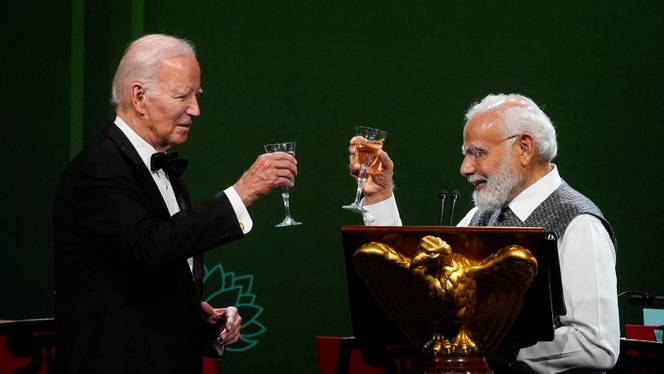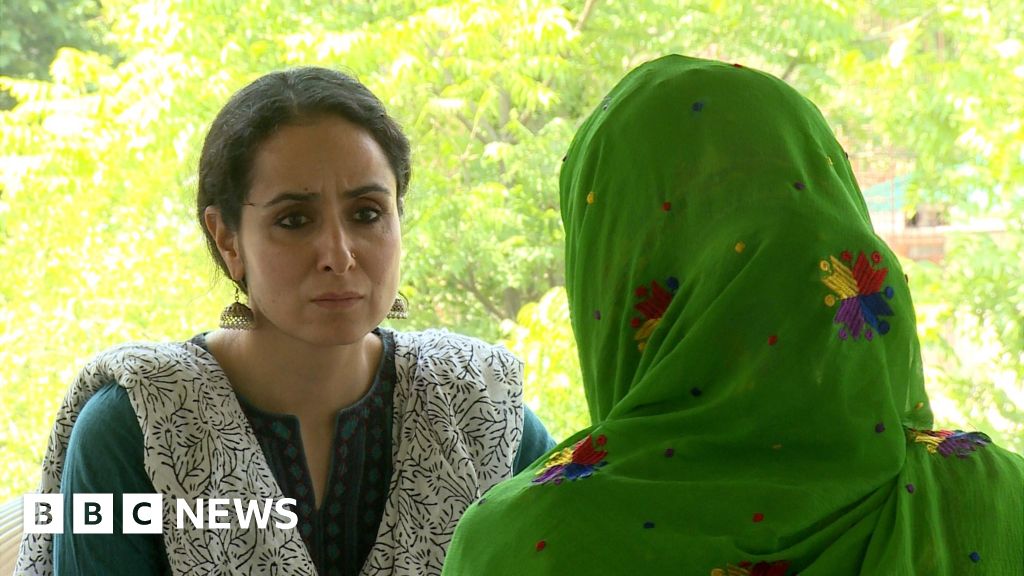PradoTLC
ELITE MEMBER

- Joined
- Mar 17, 2007
- Messages
- 8,878
- Reaction score
- -3
- Country
- Location
Was India involved in the 2014 Pakistan school attack?
Imran Khan’s national security advisor says Islamabad has concrete evidence showing New Delhi’s link with the attack, one that left 144 children dead.
AP ARCHIVE
Pakistan has linked India to the deadly 2014 attack on a school in Peshawar in which more than a hundred children were killed.
India was involved in the 2014 deadly terrorist attack on a military-run school in Pakistan in which 144 children, between the age of 8 and 18, were killed, a top Pakistani official said on Tuesday.
Islamabad has spent years gathering data, which shows New Delhi had a hand in the assault on the Army Public School (APS) in Peshawar as well as some other terrorist activities, claims Moeed Yusuf, who is Pakistani Prime Minister Imran Khan’s National Security Advisor.
Even though Pakistan and India have repeatedly accused each other of backing terrorists and militants, Yusuf made fresh revelations in an interview with Indian journalist Karan Thapar of The Wire.
“Malik Faridoon who masterminded the attack from Jalalabad (in Afghanistan) was in touch with handlers at the Indian consulate as children were massacred in broad daylight,” he said.
“The same person was treated in New Delhi in 2017.”
Yusuf said Pakistan has obtained a record of eight phone calls including the numbers used by the Indian handlers to orchestrate the attack.
This revelation came in response to Thapar’s question about the 2008 Mumbai carnage in which 166 people were killed and for which New Delhi blames Islamabad.
Thapar highlighted that a senior Pakistani investigator, Tariq Khosa, has admitted to the involvement of Pakistani militants, some of whom are facing trial but haven’t been prosecuted yet.
Abdul Basit, a former Pakistani diplomat who served as an ambassador in India, said that Islamabad had suspected New Delhi’s role in the APS attack from day one.
“I don’t see any revelation as far as this matter is concerned, although some of the details have been shared for the first time,” he told TRT World.
Soon after the school attack, Pakistan’s then military leadership had traveled to Afghanistan with information about India’s link with the Tehreek Taliban Pakistan (TTP), he said.
The TTP, not to be confused with the Afghan Taliban, is a militant group which has targeted and killed scores of civilians and military officials in the past decade.
Let the Kashmiris decide
Moeed Yusuf is the first senior Pakistani official to give an interview to any Indian news outlet since New Delhi stripped the disputed Muslim-majority Kashmir region from its nominal autonomy in August last year.
The Himalayan valley of Kashmir is claimed by both nuclear-armed neighbours. Both control parts of the territory, view each other as illegal occupiers and have fought wars to take its control.
“Kashmirs can’t bear the thought of being Indian. Kashmiris hate India,” Yusuf said when asked what he thought about the revocation of Article 370 of the Indian Constitution that had given Kashmir its special status for decades.
India has not only ignored multiple resolutions from the United Nations, which support the Kashmiris’ right to self determination, but also walked back on its promise to try and negotiate a resolution at a bilateral level with Pakistan, Yusuf said.
Thapar countered many of Yusuf’s assertions, pointing out that changing Kashmir’s constitutional status was an internal Indian matter and no country except for Turkey and Malaysia has backed Pakistan on the issue.
Thapar also challenged Yusuf asking why Pakistan accuses India of ‘genocide’ in Kashmir, but doesn’t accuse China of the same with regards to the Uyghur population in Xinjiang, China.
Yusuf countered by saying that Pakistan is completely satisfied with China’s stance on the issue, going on to say that Uyghurs are a “non-issue” for Pakistan. He did not clarify whether this was Pakistan’s official stance on the issue.
Basit, the former diplomat, said that the Pakistan government must not engage with India, which has “left no space for diplomacy between the two countries” by its aggressive moves such as the deployment of hundreds of thousands of additional troops and lockdowns in Kashmir.
“I personally would never recommend my government to reach out to New Delhi to recommence the process of negotiation knowing full well that it would not go anywhere.”
Ideally, Islamabad should seek international mediation. “In my view, it should engage the United Nations Secretary General, mandated by the UN Security Council, in the process.
“India has already disowned the dialogue process. It is only trying to buy time with proposals for talks. We should be familiar with these tactics by now,” said Basit.
We hanged Qasaab for the same thing you know.
you hanged a patsy .. in India's kangaroo courts.
move on










